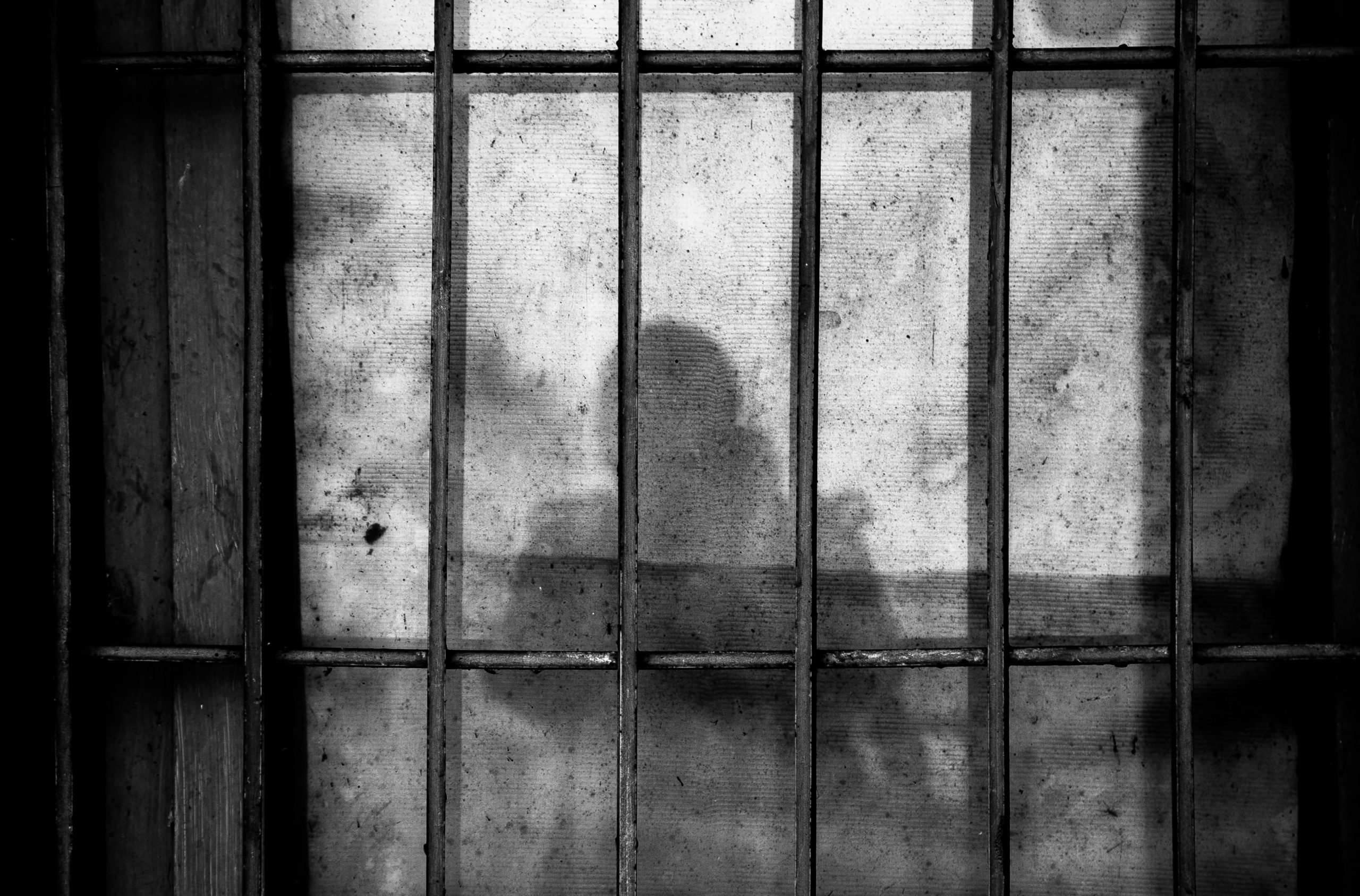The recent COVID-19 related prison outbreaks only serve to highlight the existing dismal conditions and overcrowding that have long plagued our prisons. As ticking timebombs left unaddressed for so long, the rise of the prison clusters now are simply manifestations of what was already bound to happen.
The alarming rise of COVID-19 cases in Sabah and Kedah has been linked to outbreaks in several prisons; of the 691 new Covid-19 cases on Tuesday – our country’s all time high – 57 percent are from the Tembok cluster (the Alor Setar prison in Kedah).
As it stands now, six of our carceral institutions across Malaysia have been compromised. Yesterday, an 85 year old immunocompromised inmate in Penang Prison was found unconscious in his cell and sadly passed away shortly after. Upon his death, he was tested and found to be COVID positive.
Reports indicate that even cases involving temporary remand are not segregated from other inmates, with physical distancing guidelines not being adhered to – not by choice, but due to long standing systemic challenges such as underfunding and underinvestment, and failure to make the cut as a prioritised government agenda.
As a consequence, we are seeing the effects of our failure to meaningfully reform our prison systems to live up to international standards of protecting an individual’s right to health. And this has left a material impact not only on the lives of not only inmates, but the lives of the prison wardens and staff living in close quarters, including their respective families.
The call for prison reform is not new. Many legislators and stakeholders across civil society have voiced the need to invest in our prisons in line with the Malaysian Prison Department’s (Jabatan Penjara Malaysia) official charter of providing correctional machinery that ensures “safe custody”, “treatment that is fair, impartial and humane”, and the inclusion of an “integrated rehabilitation programme” for its inmates.
Unfortunately, we have a long way to go to ensure the safety of those trapped behind bars. According to the Ministry of Home Affairs, as of 1 July 2020, our prisons had a capacity of only 47,650 yet held 60,983 inmates, in other words an excess of 13,000 prisoners over capacity. A majority of prisoners, an estimated two thirds, are in for drug offences. For inmates, incarceration in such overcrowded conditions coupled with inadequate health services in the midst of a ravaging pandemic is almost akin to receiving a death sentence.
I have previously spoken of the urgent need to undergo serious reforms in our prisons; the Prison Department highlighted such a need since 2018. This urgent and relevant call, even more pressing today, is supported by findings from The International Committee of the Red Cross, Malaysian CARE and the Human Rights Commission of Malaysian (SUHAKAM) – regarding the need to improve treatment, security, safety and overcrowding. Unfortunately without the necessary political will, there will be no change in status quo, leading to possible infections in future, and worse, more unavoidable deaths. As the ongoing pandemic has shown, the virus does not discriminate, although the availability of quality treatment differs across the socio-economic strata. As such, the Government must proactively deal with a serious health crisis emerging within prisons by proactively testing, isolating and treating inmates, as well as non-prison forms of punitive measures for minor offenders.
The Malaysian Prison Department has already taken the lead by launching a community-based rehabilitation and reintegration programme that aims to release on parole up to 75% of its eligible inmates by 2030. The federal government must lend its support by placing concrete investments to help them achieve this target. In addition, we should not be sending offenders in violation of the Movement Control Orders to prisons that are already struggling to cope.
We have witnessed other countries being proactive in moving quickly to reduce the spread of infectious disease in prison populations. The prison reform agenda should be prioritised, in tandem with ongoing efforts by our Prison Department – to implement stricter health measures in prisons including reducing the number of inmates, and conducting comprehensive testing and isolation of cases to prevent the rapid spread of infection among those in custody, prison staff, their families and those in the surrounding community.
As these events unfold it is important to remember that society is measured by how it treats its most marginalised segments. Prison should not be a death sentence. Our own prison charter affirms this. We should not stand by silently to watch yet more of those incarcerated succumb to our inability to protect their fundamental right to health. We should instead lend credence and meaning to the Prison Department’s charter of providing correctional services for all its inhabitants.
Nurul Izzah Anwar
Ahli Parlimen Permatang Pauh





